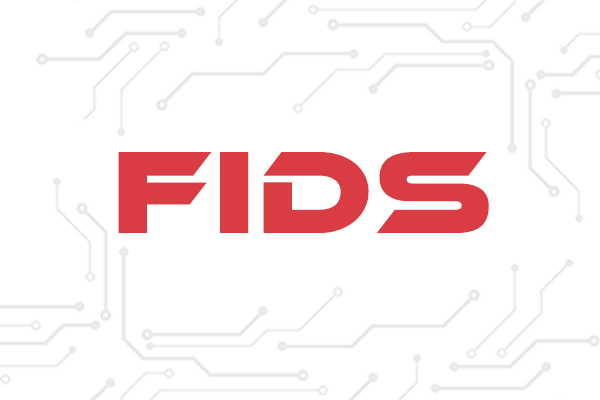Faculty of Informatics and Data Science


About the FIDS
The FIDS (Faculty of Informatics and Data Science) combines research and teaching in the fields of computer scientists, data science, and artificial intelligence at the University of Regensburg.
Latest news

Are you looking for a study program in the field of IT?
Then you've come to the right place! From big data and artificial intelligence to human-computer interaction - our wide range of computer science-related degree programs covers all key future topics in the field of computer science. This sounds interesting? Take a closer look at all our degree programs!








